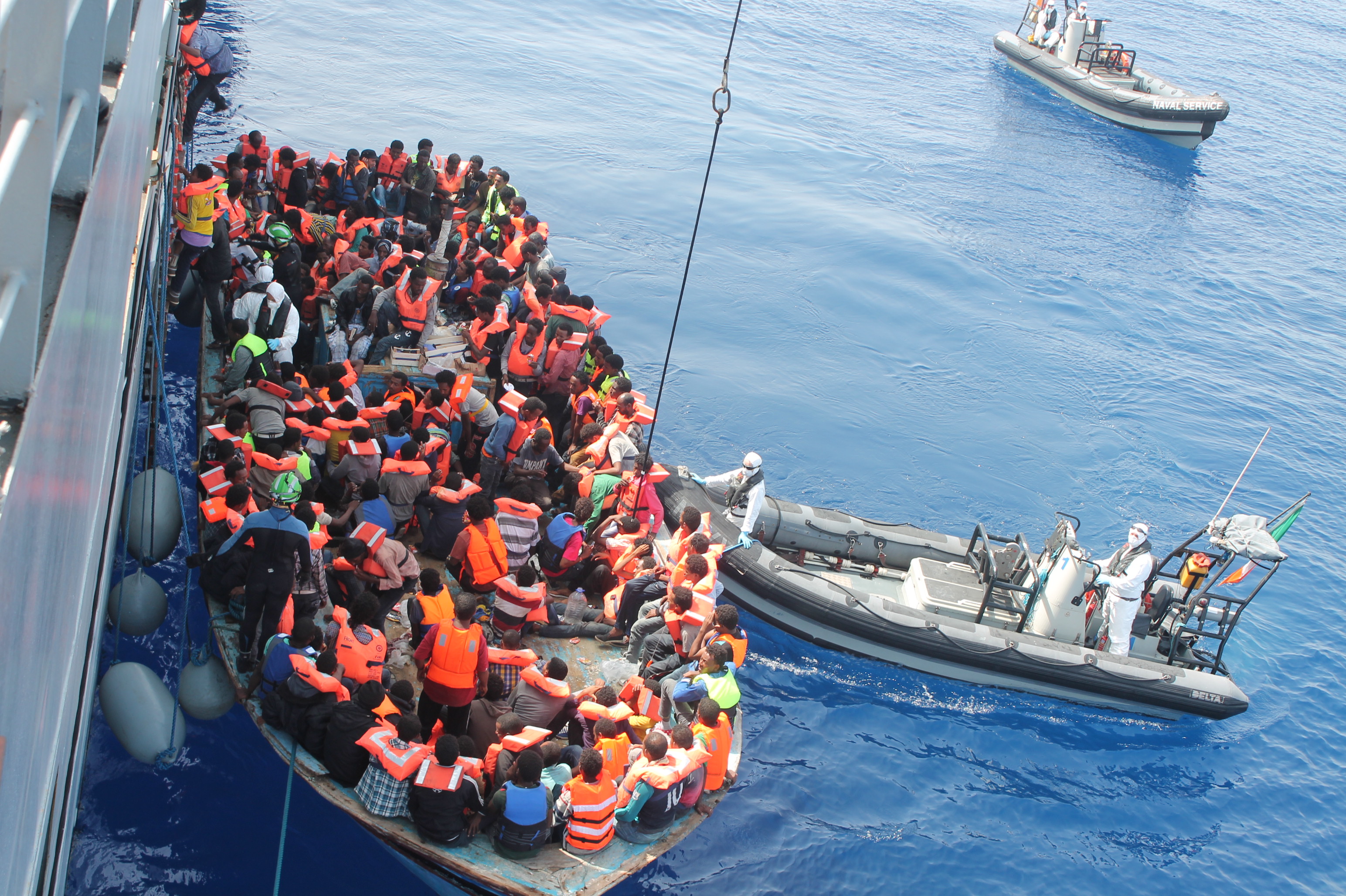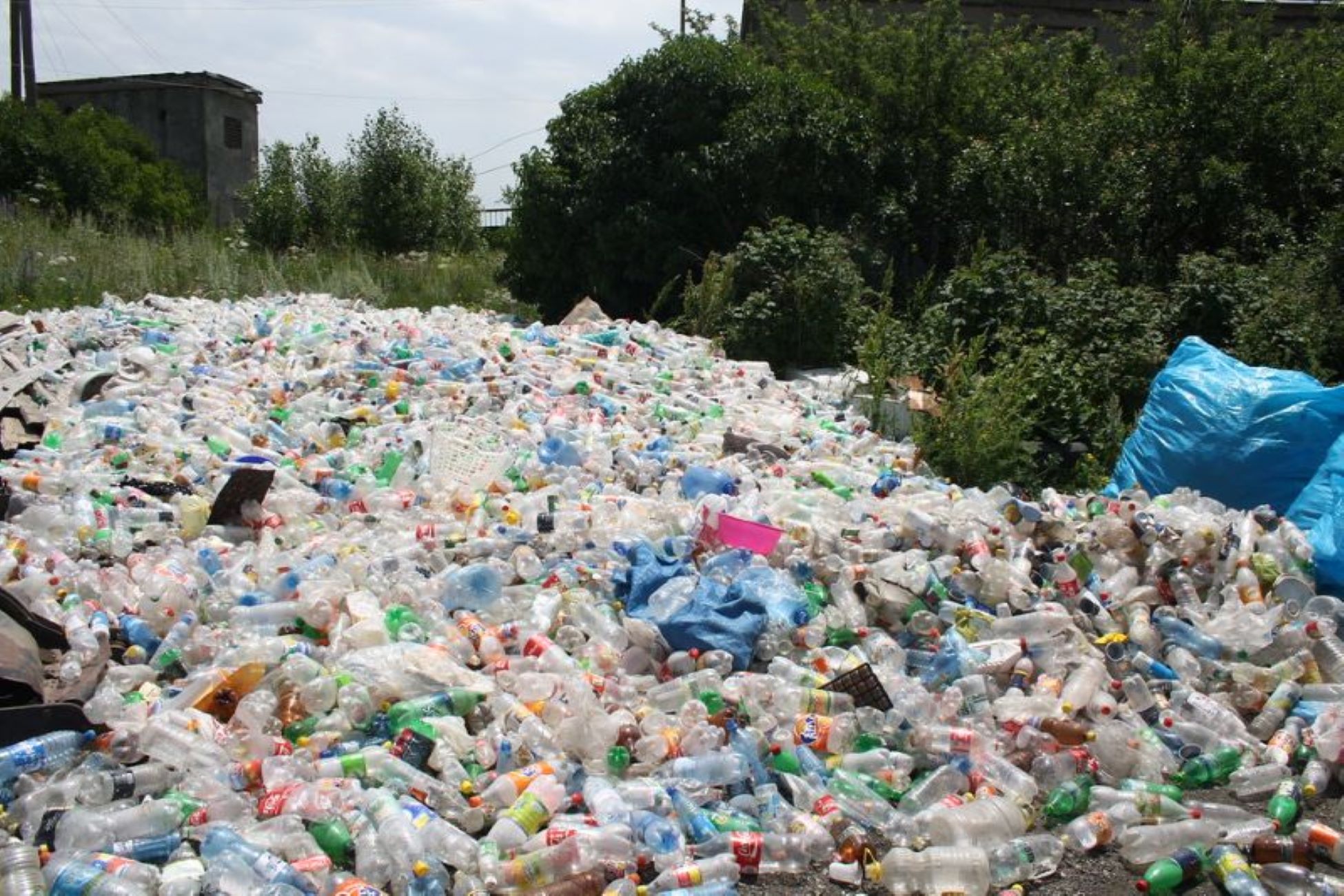Conflict is on the rise throughout Libya as two key factions seek to establish themselves as the legitimate government. Libya has been in a state of ongoing conflict since the Libyan Civil War began in 2011. The conflict has impacted society in many ways, such as the massive displacement of countless Libyans. They are largely fleeing war, persecution, and poverty which have become widespread throughout much of Northern Africa. The current conflict is being waged between Khalifia Haftar’s Libyan National Army (LNA) and the Government of National Accord (GNA) led by PM Fayez al-Serraj. Migrants from the east are fleeing Haftar’s military and violent servitude, while those from the west are fleeing the corrupt nature of Libya’s Prime Minister, Fayez al-Serraj.
The increase of migration from Libya is connected to the fall of the previous Libyan dictator, Muammar Gaddafi. The fall of Gaddafi’s dictatorship created a power vacuum in which militias sought to carve out their own power bases. The loss of border security has allowed human smuggling across the Mediterranean Sea to become a common occurrence and, in turn, has plunged Libyan society deeper into crisis. Despite its abysmal record on human rights, Gaddafi’s regime had barriers in place to protect Libya’s border from human smuggling and other illegal activities related to border security. In 2008, the European Union (EU) paid $500 million in exchange for keeping Libyan migrants out. However, since Gadaffi’s ousting and death in 2011, Libya’s border is no longer being monitored to the same extent and, as a result, migration rates have escalated drastically along with the rising levels of desperation to escape the ongoing crisis.
While many migrants begin the perilous journey to Italy’s shores, many never complete theirs. The Mediterranean Sea is, similar to many bodies of water, unsafe and unpredictable. It is now acting as a grave site for the thousands of migrants who have died at sea. Over 3,000 bodies have been recovered along with the most dangerous point of the Mediterranean Sea, the northern shore of Libya. Western authorites,
In the majority of smuggling-related cases, the ships are unprepared for the harshness of the Mediterranean Sea. They are provided with barely enough fuel to make it out into international water. If an ill-prepared does not make it, the smugglers will abandon their and those aboard it, leaving the migrants on the ships to their fate. If it were not for the many international navies, humanitarian aid organizations, and various coast guards, most of the migrants aboard the abandoned ships would have died. Furthermore, many of the migrants who willingly take the journey to Europe do not know the ongoing pain and dreadful conditions they will be forced through before they even reach the Mediterranean Sea. Five out of the six countries that are located along the border of Libya are either in a state of war or are on the verge of violence. In order to access Europe, the migrants must spend months, sometimes even years, crossing these violent and unstable countries of Northern Africa.
There are many immigrants remaining in Libya, awaiting their departure. The majority of the migrants in Libya are held in militia-led detention centers. The conditions of these detention centers are terrible. The international reaction to the conditions of the detention centers has been widespread. The International Organization for Migration (IOM) has spoken out against the violence in the detention centers and have asked: “for urgent access to individuals who have been removed from that detention center.”
According to recent reports, the migrants that have been held in the detention centers ran a protest against the conditions of the detention centers, which resulted in severe punishment. Amnesty International’s Deputy Director for the Middle East and North Africa, Magdalena Mughrabi, stated: “The Libyan government must immediately release all migrants and refugees from these horrific detention centers where they are held illegally and face appalling abuse and torture.” Judith Sunderland, European director at Human Rights Watch, is calling on the European Union (EU) to take control and provide relief and support for the suffering migrants. She declared that, “Migrants and asylum seekers detained in Libya, including children, are trapped in a nightmare, and what the EU governments are doing perpetuates detention instead of getting people out of the abusive conditions.”
The international human rights organization Human Rights Watch has argued that the EU has merely enabled the Libyan Coast Guard to catch the migrants in the Mediterranean Sea and return them to cruel and inhumane treatment in war-torn Libya. The EU’s support in humanitarian assistance has been understood as merely a cover-up for EU’s unjust containment policies. It has yet to be seen if the international community will work together to confront the ongoing Libyan Refugee Crisis and provide sufficient support for the migrants.
Featured Image: Operation Triton, a European border security force located along the Mediterranean Sea. (2015) by The Irish Defence Force via Wikimedia Commons.
Disclaimer: Any views or opinions expressed in articles are solely those of the authors and do not necessarily represent the views of the NATO Association of Canada.




